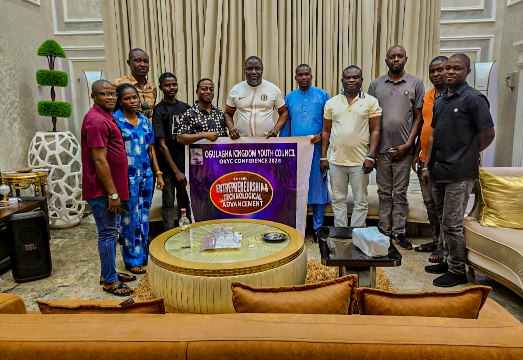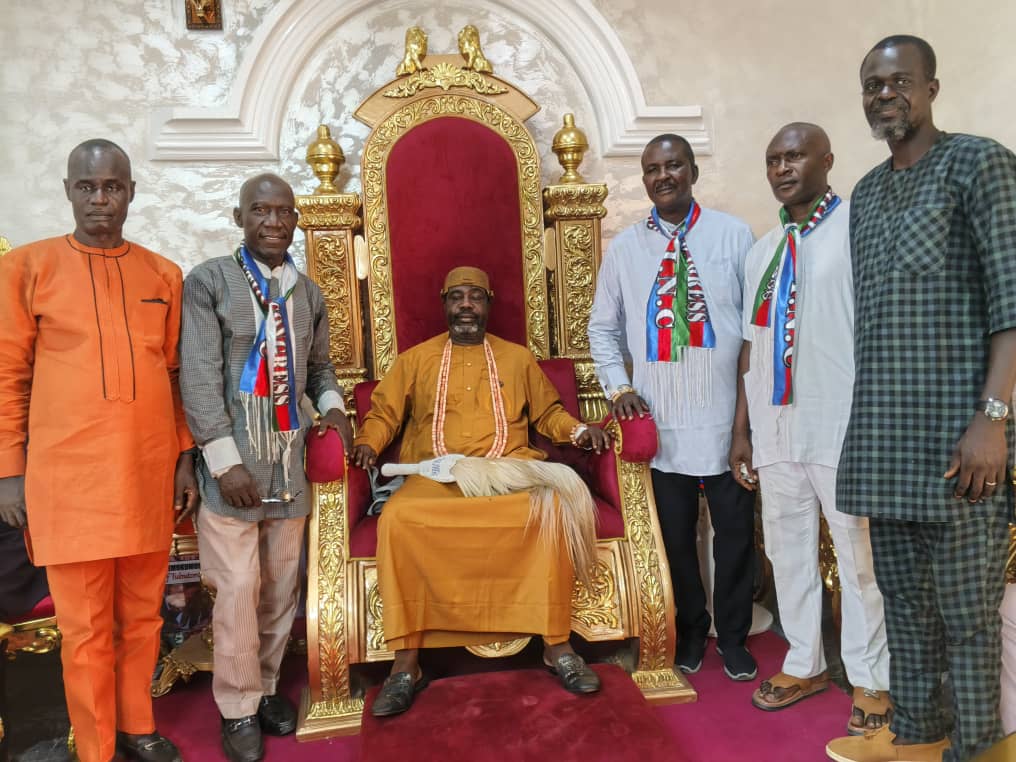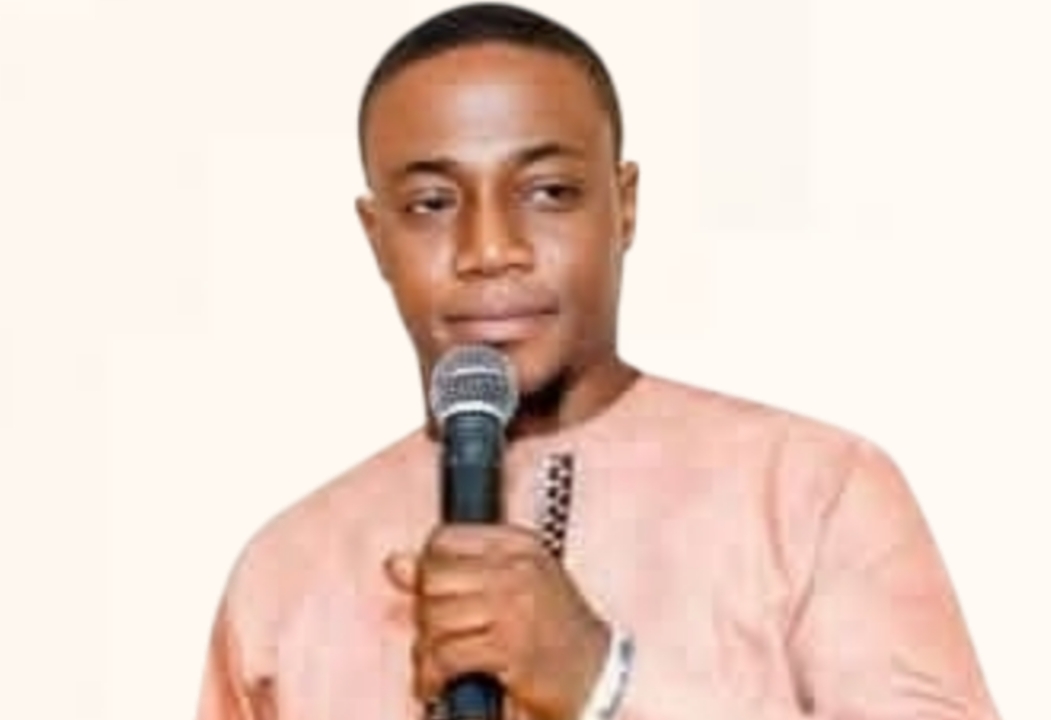DELTA: Another riverine community traces ancestry roots to Oweizibiri, affirms Gbaramatu heritage
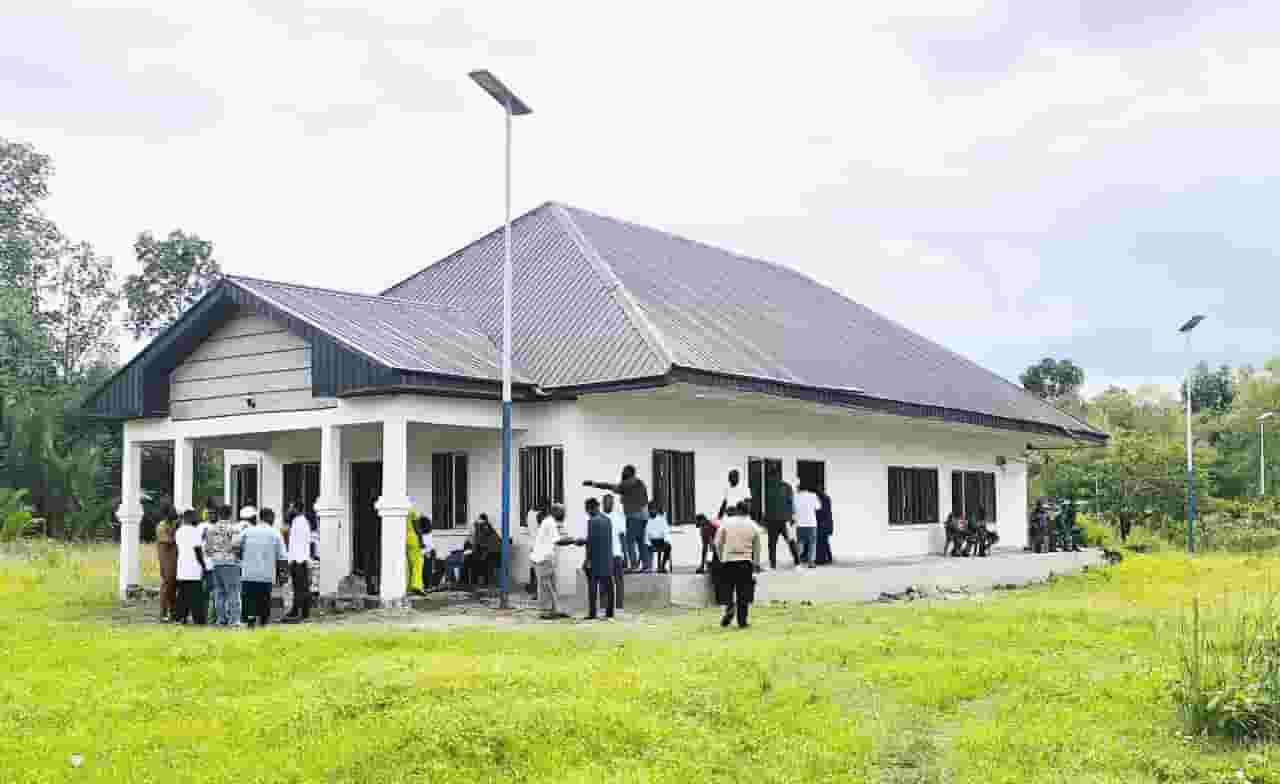
The inhabitants of Ijaghala (Zou-Ala Uba) Community have proclaimed that the riverine community does not belong to the Itsekiri community known as Ugborodo, but instead is an Ijaw community that was founded by Egbegha, son of Oweizibiri, who hails from Oporoza Community, the headquarters of Gbaramatu Kingdom in the present-day Warri South West Local Government Area of Delta State
Their proclamation is contained in an official statement that was made at a press conference which held at Egbegha Town Hall in Ijaghala (Zou-Ala Uba) Community, on Friday, June 13, 2025.
In the statement, signed by Chief Samuel Eyengho (The Tieyemienwei of Gbaramatu Kingdom), Mr. Sunday Akpafunolire, Mr. Wilson Abeson, Mrs. Grace Remere Ukunoritse Mofe, Mrs. Dolor Utseoritselaju, Mr. Ebi Jolomi and Mrs. Mary Osangbajumi, they emphasized that their affirmation is in tandem with an earlier publication made by the community elders about the history of the Ijaghala (Zou-Ala Uba) people, as published in Sunday Vanguard, Page 20, November 2, 2008.
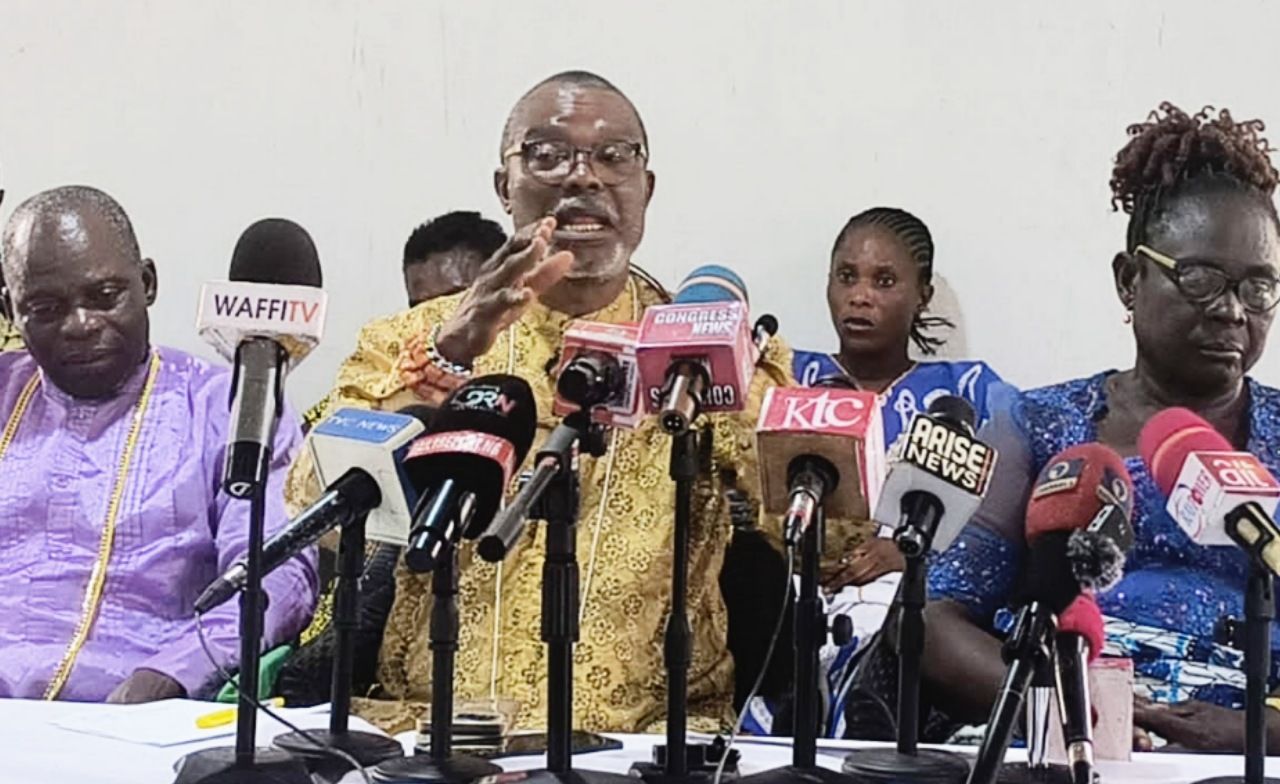
According to them, "Ijaghala used to be a fishing and palm wine tapping camp of Gbaramatu forebears before Egbegha was born and prior to the existence of Ugborodo. It has been called Zou-Ala Uba because of the distance from the ancient lands of other adjoining creeks and creeklets.
"Oweizibiri, the father of Egbegha had earlier settled with other Ijaw indigenes in Amadino (Omadino) before he left his kinsmen to settle in Ikantu. After several years, Egbegha relocated from Ikantu to Oporoza, from where he moved to Zou-Ala Uba and lived permanently. Despite the fact that so many great men of Gbaramatu Kingdom had lived in Zou-Ala Uba and engaged in their natural occupation of fishing, hunting and palm wine tapping, Egbegha's permanent stay in Zou-Ala Uba made him known as the founder of the community. He died as an old man and was buried in Oporoza, the Traditional Headquarters of Gbaramatu Kingdom," they added
Giving an exposition on how some of the Ijaghala (Zou-Ala Uba) people began to speak the Itsekiri dialect, they revealed that "After Egbegha had settled at his new-found community, he took a wife from Ugborodo by name Erigbawewenimara, and the marriage had two children, namely Egogo and Asako. While growing up, these children were more close to their Ugborodo mother, who spoke the Itsekiri dialect with them. In turn, Egogo also married Itsekiri women and brought them to Ijaghala (Zou-Ala Uba). Egogo, through his marriage, gave birth to a number of children, who also spoke the Itsekiri dialect. This is how the Itsekiri dialect became spoken by some of the Ijaghala people and thus the community became affiliated to the Itsekiri ethnic group."
However, they affirmed that Ijaghala (Zou-Ala Uba) is an Ijaw Community in Gbaramatu Kingdom, Warri South West Local Government Area of Delta State, as they also renewed their pledge of loyalty to the Pere of ancient Gbaramatu Kingdom, His Royal Majesty, Oboro Gbaraun II (JP), Aketekpe, Agadagba.
"The general public, Local Government, Federal Government, and the International community should take note that the Ijaghala (Zou-Ala Uba) Community in Gbaramatu Kingdom is an Ijaw Community and is never, was never, and will never be part of Itsekiri ethnic nationality," they stated.
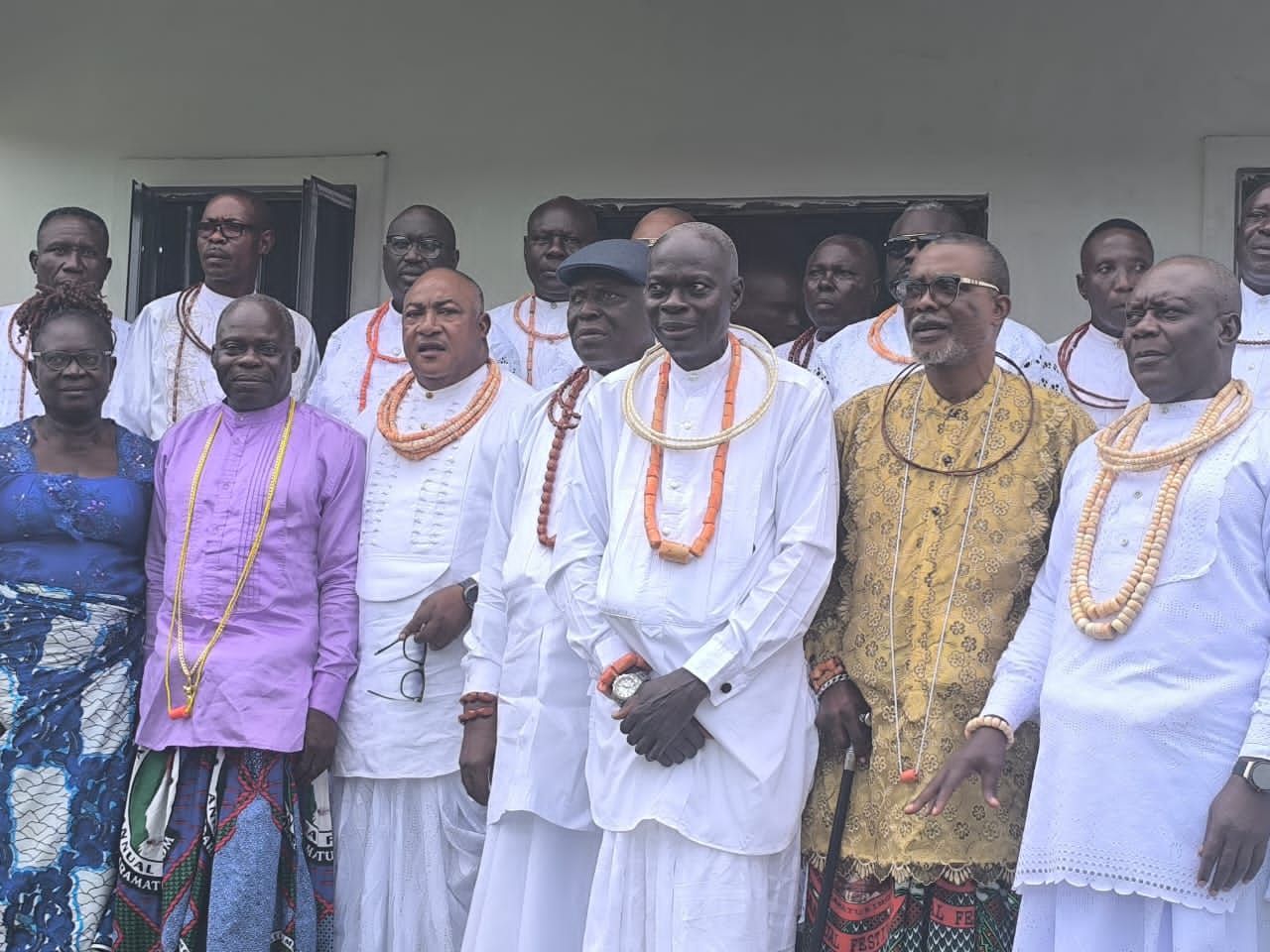
Receiving the Ijaghala (Zou-Ala Uba) people on behalf of the Pere, the Fiyewei of the Kingdom, Chief Dr. Godspower Gbenekama said the people have spoken, noting that other Ijaw communities like Ikantu, Amadinor (Omadino), Obode (Obodo) among others are closely knitted Ijaw communities, stressing that "even Effurun (founded by Effurunwei, Arogbo, Patani (Kabowei Kingdom) also have claims to Obode and Amadinor".
Gbenekama, who warned that the kingdom will resist means by any group to take over their God-given land, assured the people of Ijaghala (Zou-Ala Uba) of the development of the community like any other Gbaramatu communities.
#penglobalcommunity #Gbaramatu #Delta
_1768420055.jpg)
